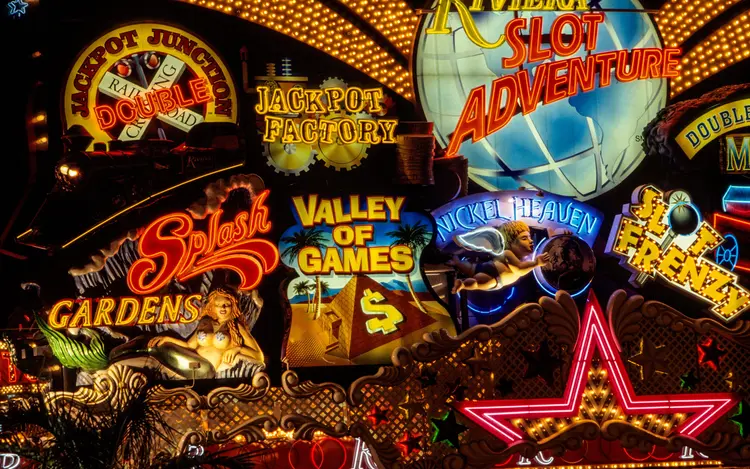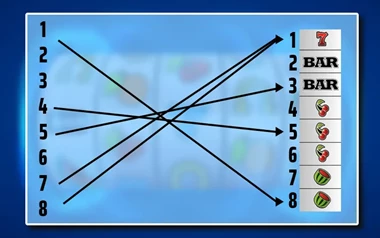Gambling advertising has grown to be a substantial component of the contemporary media environment. The use of ads on radio, television, social media, and outdoor billboards has promoted gambling to new heights. In addition to attracting attention, these commercials aim to foster brand loyalty and promote gambling. However, what precise effects do these tactics have on player behaviour? We can discover gambling advertising's significant influence on consumer behaviour and decision-making by comprehending its psychology, strategies, and legislation.
Science Behind the Response
Advertising for gambling uses psychological concepts to draw in players. It frequently makes emotional appeals by promising joy, excitement, or even an opulent existence. Phrases such as "life-changing jackpots" or "big wins" evoke excitement and hope, for instance, and encourage others to try their luck.
Social Proof
Social proof is a potent psychological technique used in gambling promotion. Testimonials or the achievements of past winners are common in advertisements. Gambling operators give players the impression that winning is not only possible but also frequent by displaying the successes of others, which makes them think they might be the next to win.
The Influence in Pleasure
To pique viewers' interest, gambling advertisements frequently include lively imagery, lively animations, and attractive music. These factors cause dopamine to be released, which links gambling to enjoyment. Impulsive decisions to use gambling platforms may result from this relationship.
Advertising Convenience and Accessibility
The ease of involvement is frequently emphasised in contemporary gambling advertising. Features like mobile apps, round-the-clock accessibility, and fast deposits are regularly highlighted in campaigns. Advertisers make gambling seem less scary and more approachable by lowering perceived boundaries.
Promotions and Bonuses
Promotions, bonuses, and free bets are typical elements of gambling advertising. By lowering the perceived danger of gambling, they persuade new players to register and try their luck. Nevertheless, these promos frequently have tiny print that gamers could miss, which eventually results in more spending.
Brand Loyalty
Advertising is frequently used by operators to establish enduring connections with their audience. Mascots, taglines, or themes intended to foster a feeling of familiarity and trust are commonly used in gambling advertising campaigns. Well-known catchphrases or recurring characters, for example, can help the player feel more connected to the company.
The Effect on Player Behaviour
Players' perceptions of gambling and decision-making are directly impacted by gambling advertising. Some influences shape behaviours and consumption patterns, while others are more overt.
Mainstreaming Gambling
By incorporating gambling into daily life, advertising normalises it. Advertisements for gambling during athletic events or on social media make it appear like a harmless pastime and connect it to entertainment and relaxation.
Advertising Missing Out
Gambling advertisements' sense of urgency and excitement frequently causes impulsive action. Many advertisements emphasise quick satisfaction and exhort viewers to "act now" in order to take advantage of special deals or limited-time specials.
Problem and Solution
Although many people can enjoy gambling in moderation, vulnerable persons may be more susceptible to problem gambling if they are constantly exposed to gambling advertisements. Unrealistic expectations and compulsive behaviours may be exacerbated by advertisements that exalt victories while downplaying defeats.
To reduce harm, governments and trade associations are essential in regulating gambling advertising. For instance, the Advertising Standards Authority (ASA) imposes stringent rules to guarantee that gambling advertisements respect society and do not take advantage of weaker audiences.
Digital Gambling Advertisement
Gambling advertising has been transformed by the digital era, becoming more ubiquitous and individualised. Gambling companies can target particular groups with customised communications thanks to online channels, like social media and search engines.
Operators can display highly customised advertisements depending on a user's location, interests, and browsing patterns by using algorithms and data analytics. Although this focused strategy makes participation more likely, it also brings up moral questions of manipulation and privacy.
Operators now work with influencers to market their services on social media sites, which have grown to be a significant centre for gambling advertising. These collaborations frequently conflate advertising with natural content, making it more difficult for users to identify promotional content.

Gambling Ads
Conclusion
Advertising for gambling has a big impact on how players behave since it uses psychological tricks and contemporary marketing tactics to sway opinions and choices. It raises worries about normalising gambling and raising the danger of problem gambling, even if it may be a very effective strategy for drawing in and keeping clients.
It's crucial for players to remain aware and assess the messages that gambling advertisements portray. Websites such as Gambling Zone provide insightful information on these tactics, enabling users to make better decisions. Strong controls are also necessary to guarantee that gambling advertising minimises harm and continues to be socially responsible.
The industry may achieve a balance between expansion and moral obligation by raising awareness and encouraging responsible gaming.






